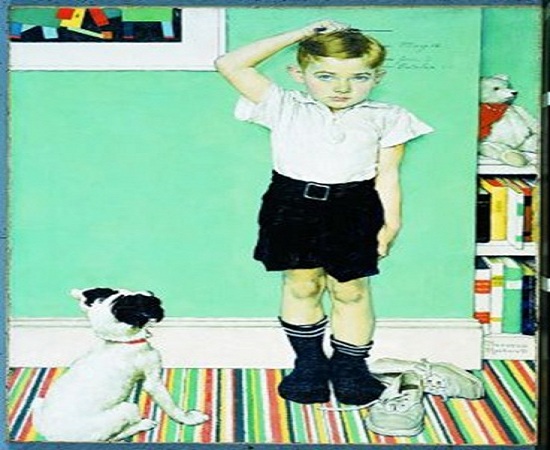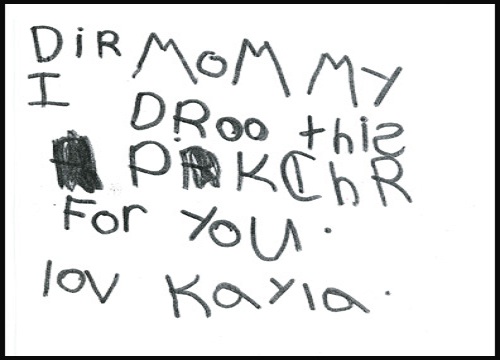Development Chart: What Your Child Should Know
Parents of young children are often surrounded by charts. Growth charts that measure height, developmental milestone charts, child speech development charts, and charts full of advice on feeding your family healthy foods. Sometimes it’s a little overwhelming. What if your child isn’t reaching his milestones? Does this automatically mean there is a problem?
Not at all. Avoid hitting the panic button. Remind yourself that every child progresses at his own rate. However, it never hurts to have him evaluated by a speech-language pathologist (SLP) just in case he might have a speech disorder or delay. It’s a good idea to periodically evaluate your child’s progress with the help of a development chart. You can also ask your child’s teacher for observations about his speech and language development, as well as his progress in other critical areas, such as social development.
What Your Child Should Know in Kindergarten
During this year, your child’s listening skills should improve to the point at which he can follow one to two directions in a sequence. He should also be able to understand age-appropriate stories and follow simple conversations. Your child’s teacher will also work with him on writing his first and last name in addition to upper- and lowercase letters. While reading, he should be able to identify letters. He should understand that letters and words represent sounds and meanings. This is also the year in which children begin to recognize some words on sight.
Youngsters are often misunderstood when they speak, due to difficulty with articulation. By the end of the school year, however, most kindergarteners should be able to speak and be understood reasonably well by most people. They should begin to participate appropriately in a conversation, as well as initiate one. Kindergarteners should also be able to answer simple questions and open-ended questions.
What Your Child Should Know in First Grade
First grade is a big transition year. First graders typically begin to use more social skills and make their first baby steps toward independence. Kids also learn to read in first grade, however not all children will be fluent readers at the end of the year. Most first graders can read age-appropriate chapter books by the end of the year. Specifically, a first grader should have a sight word vocabulary of at least 100 words, sound out words while reading, correlate spoken words with printed words, and add sounds to each other to create words.
A first grader’s writing skills should also advance to the point at which he is printing more clearly, able to use capitalization and punctuation correctly, and able to express stories and ideas through the written language.
Speaking and listening skills should also become more advanced. First graders will typically be able to remember information and instructions, as well as give directions. They should be able to use pragmatic language skills (i.e. taking turns in a conversation), speak in complete sentences that are arranged in a logical order, and use the parts of speech correctly.
What Your Child Should Know in Second Grade
Second graders work on mastering the skills that they learned in first grade. They should be able to read more rapidly and accurately, as well as recognize many more words on sight. Second graders should be able to associate the sounds of words and phrases with the written language and explain the main elements of stories. Writing becomes more legible and organized in second grade. Second graders should also become familiar with a variety of different sentence formats. As well, spelling improves.
By this point, your child should be easily understood when he speaks. He should be able to use spoken language in more complex ways and explain ideas and concepts.
To help your child stay on target for his age level, talk to his teacher and speech therapist about learning activities to do at home. If he lags behind this development chart, it does not automatically mean that he has a speech and language disorder. However, a speech therapist can do an evaluation just to be on the safe side. If your child does have a speech disorder, such as an articulation disorder, there are many ways to help him overcome it. Speech therapy and Speech Buddies can help.





